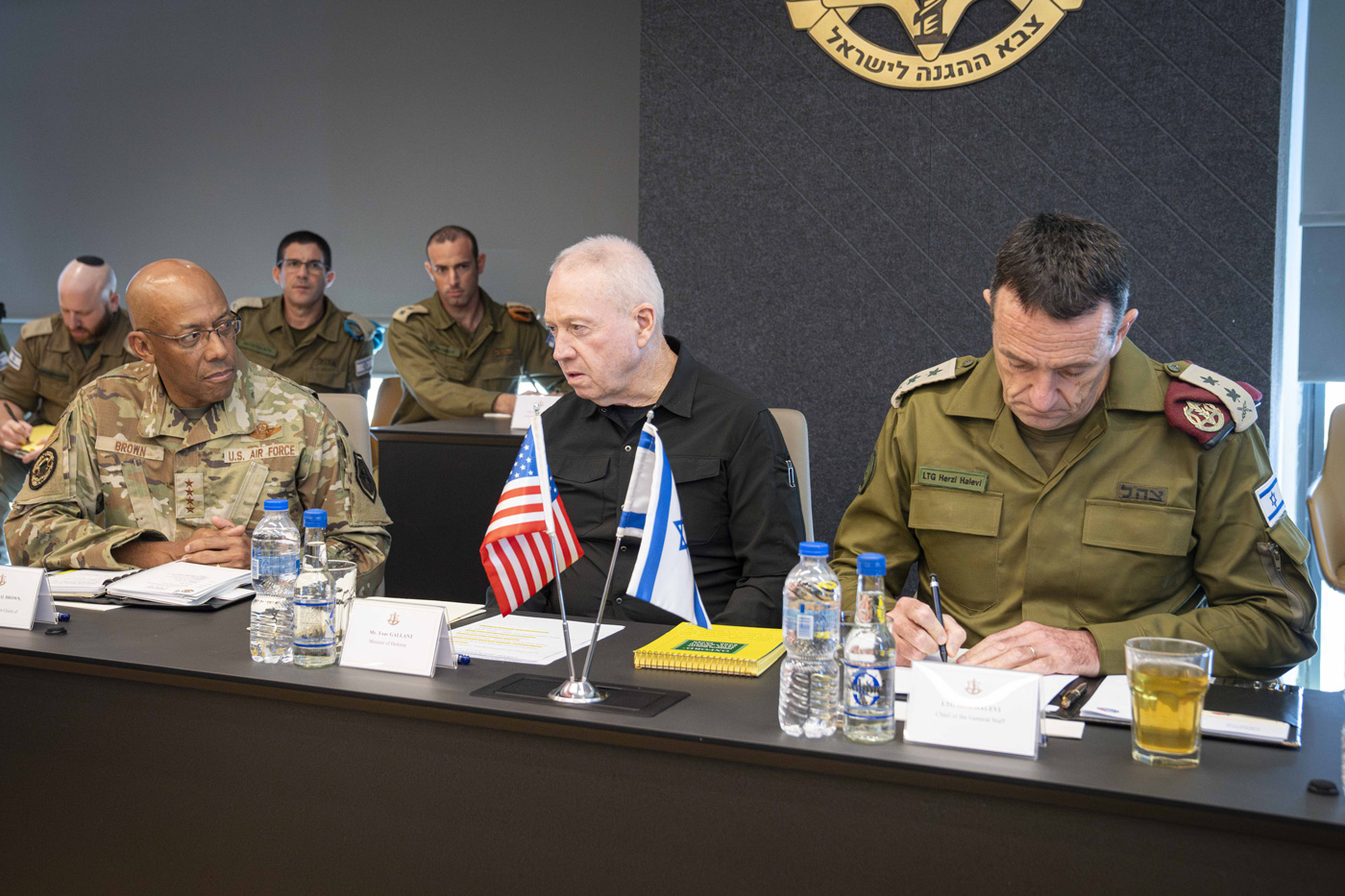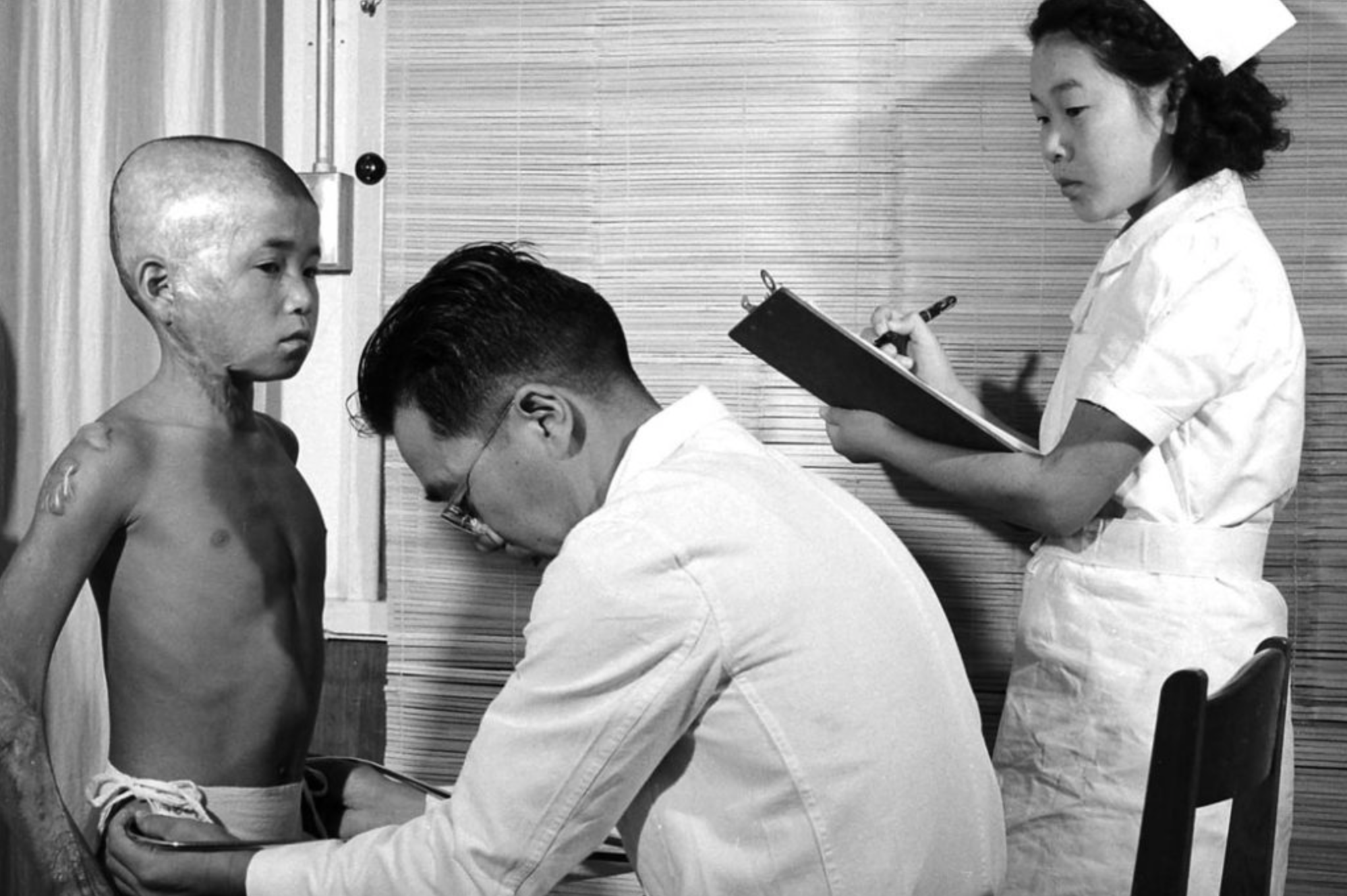In 1919, they said: "It'll be the last," a century later the war continues.
- The Light of Heaven was created in 1919, with the birth of I. The planet had just begun to recover from the World War Crusher. As Spain did not shake hands in that war, the companies of Hego Euskal Herria took the opportunity to export more products to Europe. Instead, the families of the North paid the hecatonbe that the great world powers exercised in Europe with their hegemony. A hundred years later, wars are one of the most important data of the complex global reality.
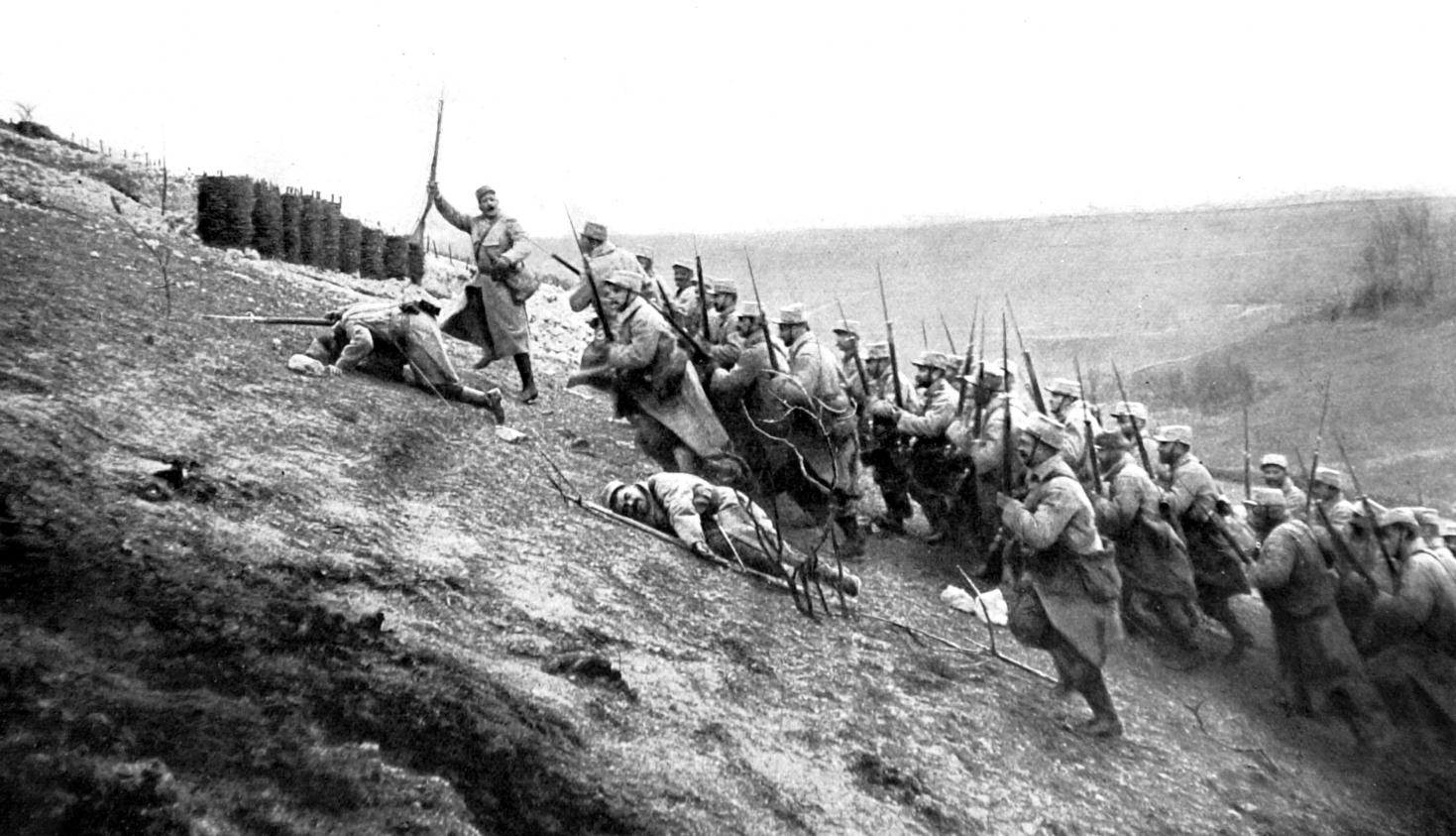
In general, most of the massacres occur today outside Europe and the rich world, although we are occasionally sparked to us, the day before yesterday to New York and London, yesterday to Barcelona and Paris, recently to Strasbourg… What has changed the war in this century?
This year, French Bruno Cabanes published the book History of War from the 19th century to the present day. They have pooled half a hundred historians, sociologists, anthropologists, political scientists and art experts from eight countries, analyzing the transformation of armed conflicts, both in terms of fronts when they exist, and posterity, and their effects on social, cultural, economic and political, but also on the ecological, religious and human aspects.

In a century, the evolution of war has changed the gudaris, their codes and their causes. If compulsory military service had been disappearing almost from the separation of civilians and military personnel for some time, they were both involved in the emergence of new types of revolutionary volunteers. Industrial development and technical advances at the end of the nineteenth century radically transformed the capacity for the destruction of armed conflicts.
For decades, we have gone from massive infantry attacks to the nuclear bomb, from limited confrontations to specific regions to world wars. And the faces, the images and the experiences of civilians today are much more complex than the gudaris. The director of the work, Dr. Cabanes, has summarized all the changes on the website specialized in books La Vie des idées. From this interview and the one dedicated to Mediapart we have summarized the history of the evolution of a century of war.
The wars of the 19th century follow more or less the model extended by the theorist Clausewitz XVIII.ean: wars between states, usually around territorial conflicts. Armies of citizens fight each other in the limited physical space and in the limited time that is the battlefield, one or more days. This is the classic model of war, which was seen throughout the 19th century. This model entered into crisis in I. 1914 War. During the World War, with a radical transformation of battles.

On the one hand, the situation of the men who fought and lengthened during the months of the wars, also changed radically; the time when they fought for several hours and retired from the camp ended: now they had to remain stuck in the trenches for days, weeks and months, about to die in the mud and in the ice. New weapons, such as gas, couscous or artillery bullet, resulted in more serious, more terrible injuries, which could wipe out bodies. The classic heroism of battles ended there forever.
Second major crisis of the classical war model in the second century. It would come with the World War. 1945, explosion of the first atomic bomb. People showed their astonishing ability to die in large masses and found that it is possible to destroy all of humanity. For the first time, the most important event of a war takes place at a key, non-combat moment. And as if that were not enough, that same year began to open a new format of war, a war of insurrection, a guerrilla war.
Guerrillas and insurrections are the most widespread forms of war today and make them so incomprehensible. In the 1950s and 1960s, until the end of the Cold War, classical models served to understand new phenomena. But to understand the current wars and the dynamics of their violence, war historians have to increasingly turn to anthropologists and ethnologists.
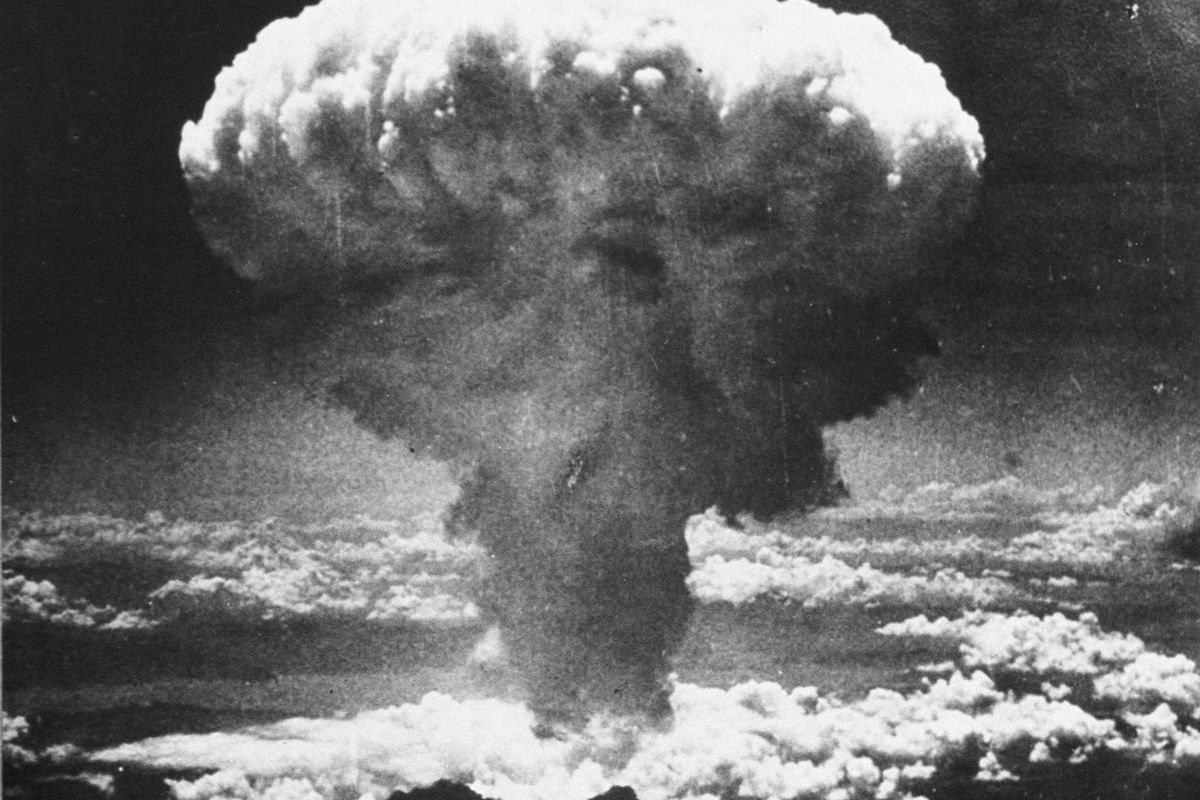
Have armed conflicts been comforted in the last century? No, the war has gone to radicalization, Cabanes undoubtedly says. Why? Firstly, because the conditions of war have changed radically. Soldiers face new weapons, extremely violent artillery, gases… Soldiers’ bodies today face more risks than they did in the 19th century. The second big change is violence against civilians. Between 10 and 20 per cent of the victims of civil wars in the early twentieth century were victims of the II. In the World War, 65 percent of Americans today are 90 percent. The third change lies in ideological violence, wars are increasingly based on hatreds of ideological roots (ethnicity, race…), and this is also quite new.
In addition, it is becoming increasingly difficult to distinguish between wars inside and outside the state, it is the famous model of brutalization. A world war can be extended, for example, in subsequent civil wars.
At the same time, it is true that people have demonstrated their desire to wage war and their cruelties. This is how different regulations were built in the twentieth century, some contained in international conventions and others in military codes. However, rules such as The Hague, Geneva, on victims, civilians, wounded or prisoners, have only served the people of the West.
Today we are living in a paradoxical situation. Soldiers have been disappearing from public space, at least in the middle of the 20th century, the soldiers we knew, parades, great exhibitions, uniforms, the obligatory mili… Today, when they appear in anti-terrorist operations, people become sorprende.Pero, at the same time, society is being militarized. If you go to the United States, it appears in the image of the army. The violence of war is constantly present on television screens, films, games and entertainment. We have been so overwhelmed that we have succeeded in separating violence and, in the end, we have been deprived of the ability to react to citizenship. And what's even more worrying, the weapons made to use them in foreign wars, whether they're in Iraq or Afghanistan, have started to be used at home by the police of the metropolis.
The use of drones is the biggest novelty of recent times and raises many concerns. Drones are capable of identifying among many a particular prey, often through computer programs, without being able to answer it. On the other hand, we find ordinary people who rise up in the morning and head peacefully to an office to kill in hours of work other people who are thousands of kilometres away, which is also new.
.jpg)
All this makes it difficult to separate peace from war. War has changed so much that prevention to avoid war is also more complicated. From the point of view of ethics, there is also a risk of the demoralization of war, of calling war at the end of the day to any conflict. One of the biggest problems at the moment is the disappearance of all the rites of the beginning or end of the war. In the past, before the war there was a declaration, the approval of parliament, etc. We are now entering war almost unintentionally, without consulting the representatives of the citizens. Before the beginning of the war, citizen mobilization was called. For the last time France called for the mobilisation in 1939, the United States in 1942… to see how many wars have gone into since then.
“Ending the war,” on the other hand, less and less historians – says Cabanes- than “leaving the war.” This is because of the porosity between war and peace, which at one point has become very difficult to determine whether or not you are. There is also the issue of terrorism that generates new terrores among the citizens: How do you classify it, how do you define it, what status do you give to those who attack us, according to what law judges the wounded or prisoners? The demobilization of gudaris is also a problem in today's wars, in the classical interstate wars that was a known process, but in today's ones? When children are also used in wars, how do we demobilize child soldiers?
In the twenty-first century, another mutation is that the great powers have increasingly resorted to the hiring of mercenaries for their wars, with which we have regressed more than two hundred years in history, leaving an instrument of the old regime in the hands of the large private warlords.
But although history is not circular, as it develops in the spiral… here is how the Western powers have begun to re-establish the universal mili. Perhaps because Emmanuel Macron has done so in a light version, no anti-militarist protest echo has been heard in our environment. That too will come. As they will appear, the unmentionable, the deserters of wars.
We are in the midst of a world imperialist offensive led by the Western bourgeoisie. The form that the imperialist offensive has taken is that of war, with all its variants: economic war, cognitive and cultural war, lawfarr; and, of course, military war. Western imperialism has... [+]
Year of War, year of lie!
That is what the phrase says, and that is what reality confirms.
Given the situation of war in the world and in Europe, its constant upturn and the possible consequences that this has had and will have in Euskal Herria, last December several citizens... [+]
On 26 December, during an air strike, the Israeli Army killed five Palestinian journalists trying to reach the city. They killed 130 Palestinian journalists. This news has reminded me of a couple of things, the first, the persecution of true journalists in any part of the world,... [+]
The Centre Tricontinental has described the historical resistance of the Congolese in the dossier The Congolese Fight for Their Own Wealth (the Congolese people struggle for their wealth) (July 2024, No. 77). During the colonialism, the panic among the peasants by the Force... [+]
On November 25, International Day against Male Violence, the Steilas Feminist Union Feminist Secretariat has published a poster: Our body is a battlefield, and all the schools in Hego Euskal Herria have received it. We wish to denounce the violence suffered by women and children... [+]
“The time has come for courageous, comprehensive and noble proposals (…) for Euskal Herria to re-enter the world’s revolts,” said friend Hartu López Arana in her opinion article “For an effective aggression” published in ARGIA magazine in July 2018. Six years have... [+]
Japan, 6 and 9 August 1945, the United States launched an atomic bomb causing tens of thousands of deaths in Hiroshima and Nagasaki; although there are no precise figures, the most cautious estimates indicate that at least 210,000 people died at the end of that year. But in... [+]
The nuclear winter theory Paul J. It was the result of an investigation published in 1982 by Crutzen and John Birks. According to this study, "nuclear explosions and subsequent fires would release large amounts of soot, dust and ash into the atmosphere, causing a notable... [+]
On this rainy Sunday, we are responsible for the fate of people living in disquiet at the various conflicts that exist in the world. By far, it seems that we cannot be freed from the hands of many rulers acting towards power. Many human beings live in the world with the... [+]












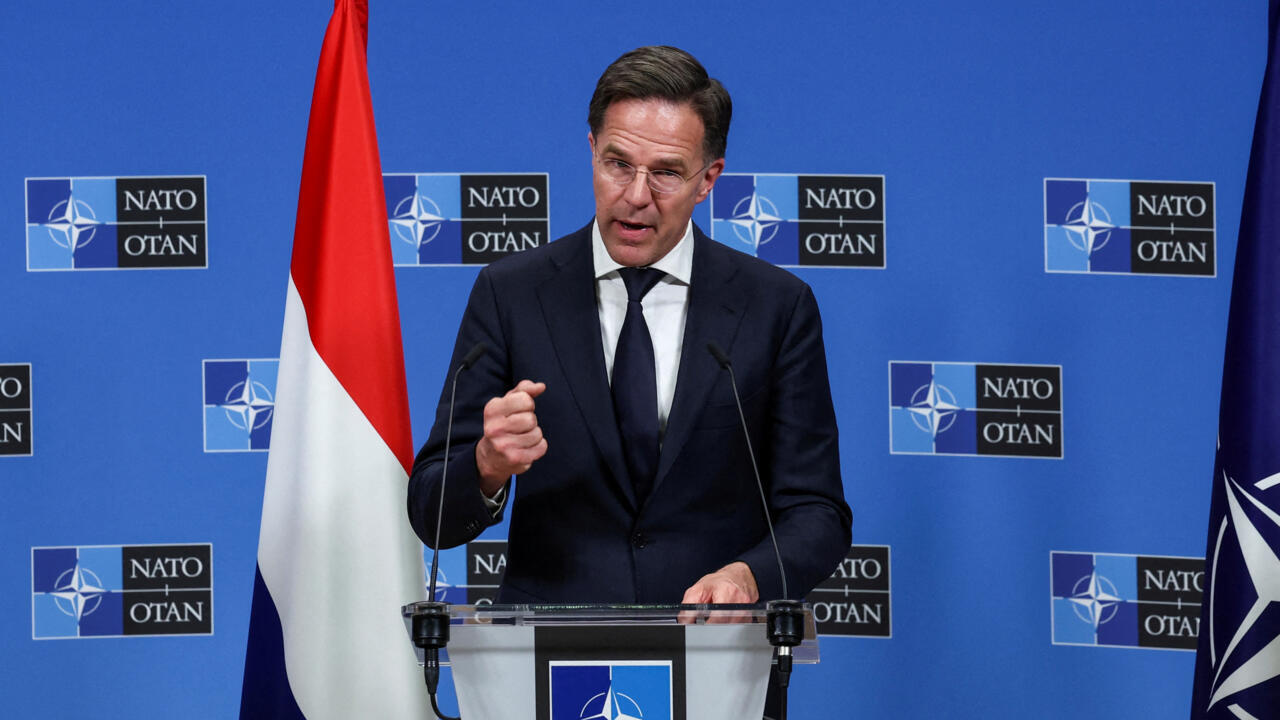
.jpg)

